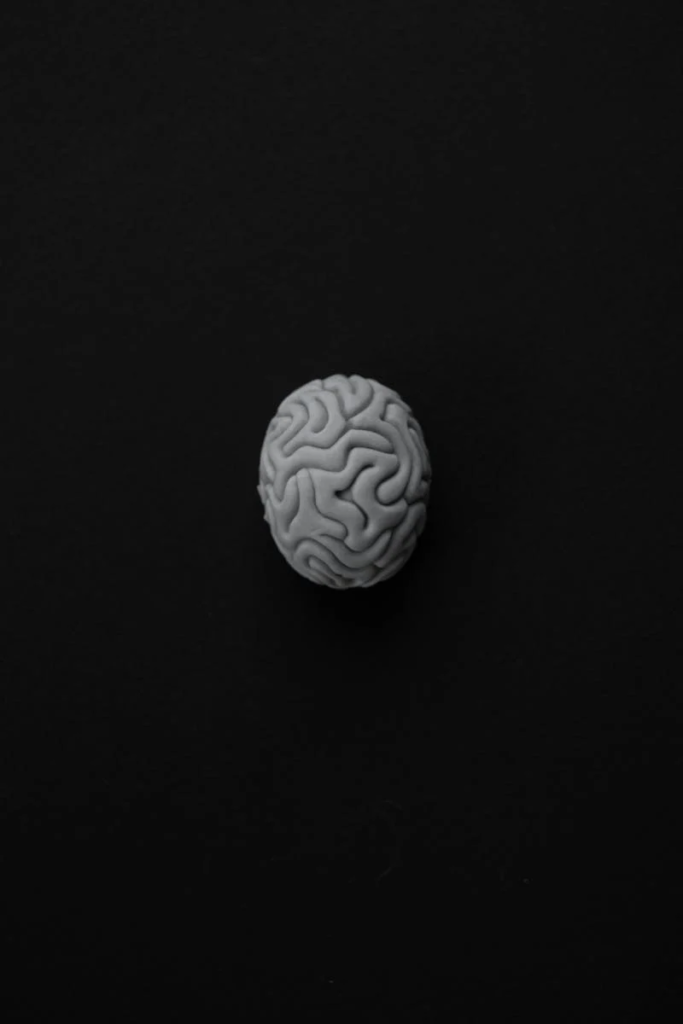Ketamine, an FDA-approved injectable short-acting anesthetic for human use, is well-known for its ability to induce a state of calmness, relaxation, immobility, pain relief, and amnesia. Recent clinical studies have also unveiled its potential as an effective treatment for anxiety, depression, addiction recovery, and various pain disorders. At Parinda Parikh MD PC, we are at the forefront of utilizing this innovative approach to mental health care.
A peek into the past:
Ketamine has a history rooted in its development as an anesthetic and analgesic drug. Initially synthesized as an alternative to PCP in the 1960s, ketamine showed promise due to its lower side effects. It gained recognition during the Vietnam War but faced decreased use later due to concerns about abuse potential and hallucinations. However, recent research has rediscovered its potential, particularly in the treatment of mental health conditions, demonstrating its evolving role in medicine. At Parinda Parikh MD PC, we are dedicated to harnessing this evolving role to provide innovative mental health care.

The Glutamate connection:
Ketamine interacts with the brain’s glutamate system by acting as an antagonist at NMDA receptors. This boosts glutamate release, fostering the creation of new neural connections and synaptic plasticity, potentially reversing depression-related neural disruptions.
Rapid Relief:
Notably, ketamine provides swift relief from mood disorders. Unlike traditional antidepressants, which take weeks, ketamine often alleviates symptoms within hours to days.
Neuroplasticity:
Ketamine may enhance neuroplasticity, enabling the brain to adapt and reorganize. By bolstering synaptic plasticity and new synapse formation, it aids those with mood disorders or anxiety. At Parinda Parikh MD PC, we are committed to utilizing ketamine’s unique properties to offer cutting-edge mental health care.

Mood Regulation:
Ketamine’s impact on glutamate receptors may influence mood regulation, helping reset mood-related neural circuits and improving overall well-being.
Suicidal Thoughts Reduction:
Ketamine uniquely reduces suicidal ideation in treatment-resistant depression, a crucial effect for those at risk of self-harm. Unlike conventional treatments, ketamine swiftly extends a lifeline to those on the brink. Within hours of administration, individuals often report a noticeable reduction in the intensity and frequency of suicidal thoughts. This rapid response can be lifesaving, providing critical support during the darkest hours. At Parinda Parikh MD PC, we are dedicated to offering this vital treatment to improve our patient’s mental health and well-being.

The Vital Role of Medical Supervision at Parinda Parikh MD PC:
It is paramount to emphasize that ketamine should only be administered under medical supervision due to potential side effects and misuse risks. While promising, ongoing research seeks to fully comprehend its mechanisms and refine treatment protocols for various mental health conditions, a commitment shared by Parinda Parikh MD PC.
Ketamine’s remarkable journey from an anesthetic to a mental health breakthrough epitomizes the ever-evolving landscape of medicine. Delving into the science behind ketamine treatment not only illuminates its mechanisms but also offers a ray of hope for those in search of effective solutions for their mental well-being, a mission that Parinda Parikh MD PC proudly champions. As research continues, ketamine’s role in mental health care is poised to expand, potentially transforming countless lives along the way, with Parinda Parikh MD PC leading the way in compassionate and innovative care.

~ Dr. Parinda Parikh

